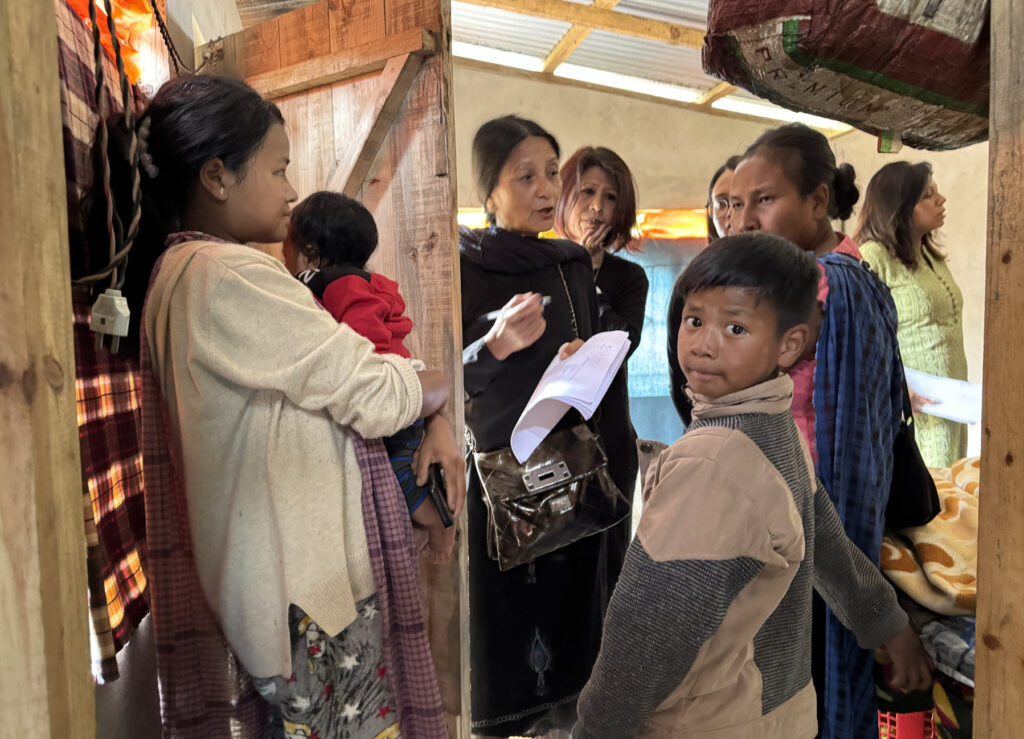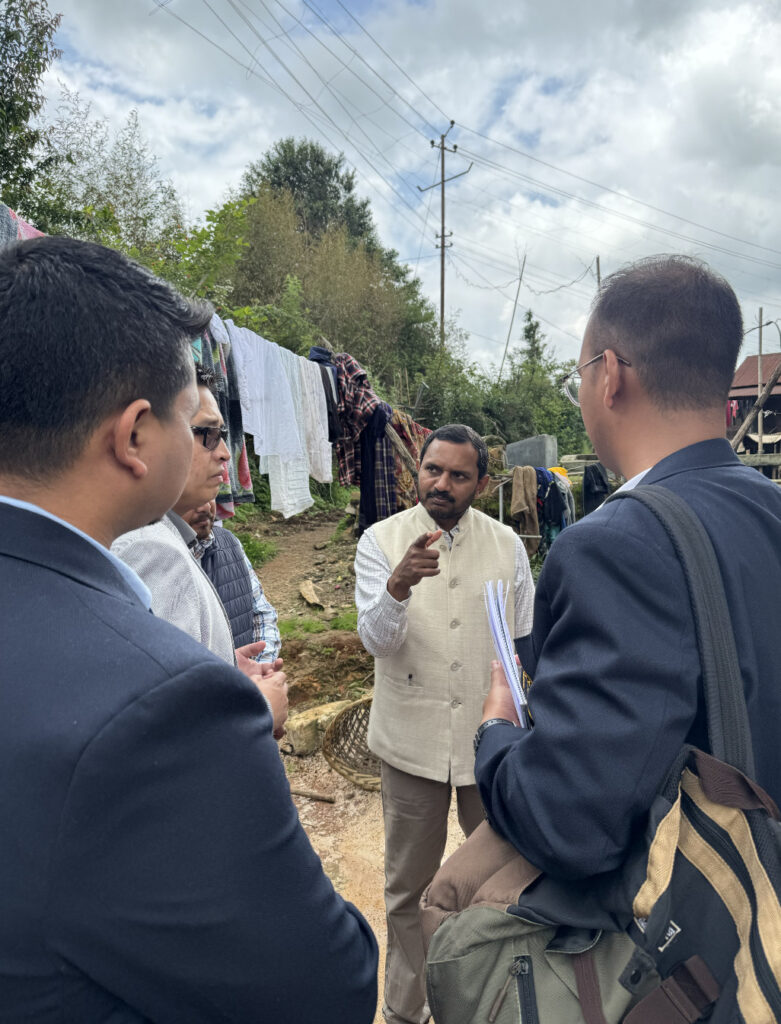Aanganwadis exist. Meghalaya Health Insurance Schemes (MHIS) cards exist. So do schemes for single mothers, disabled children, nutrition support, and adolescent girls. But for many families across Meghalaya’s villages—from Rngi Shillong to Mawkamoit—the problem isn’t access. It’s awareness.


During recent field visits under the Human Development Leadership Programme (HDLP), officer trainees and local officials uncovered a recurring theme: widespread gaps in understanding government entitlements. In Rngi Shillong, mothers chose home births not due to lack of facilities—but because no one had explained the why of institutional delivery. In Mawkamoit, a family with a child with Down Syndrome had never heard of a UDID card. In Mawbeh, an entire household had opted out of Aadhar, fearing complications, unknowingly locking themselves out of dozens of schemes. In Kynjoin Umran, low Aadhar enrolment, early pregnancies, and poor family planning practices all pointed to a critical void—no one had connected the dots between policies and people.

But here’s where the story turns. Across these villages, change began with conversation. From structured door-to-door campaigns and Aadhar literacy drives in Mawkamoit to on-the-spot counselling and school reintegration efforts in Mawbeh, real-time solutions were deployed. Officers proposed introducing scheme literacy in school curricula, rebranding Aadhar as Ka jingpynithuh (a tool for awareness), and mobilising Self-Help Groups as channels for scheme diffusion. In places like Kynjoin Umran, the concept of a Village Employment Council with local champions is gaining ground. And slowly, the walls of hesitation are beginning to break.